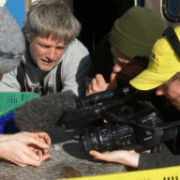Marine & Oceanic Sustainability Foundation Announces Media Partnership with The TerraMar Project
PRLog – March 4, 2015 – WILMINGTON, Del. — The Marine & Oceanic Sustainability Foundation (MOSF) today announced a new partnership with The TerraMar Project to promote marine conservation efforts throughout the world. MOSF and TerraMar share a common vision—a sustainably managed ocean—and will collaborate to inspire, educate and inform audiences about the benefits of and threats to the seas.
“In order to truly make a positive difference, it is imperative that conservation groups work together as a team,” stated Jennifer Pitzer, MOSF Managing Director. “The TerraMar Project is building a robust online community designed to share, inspire, educate and promote ocean literacy. We look forward to working with The TerraMar Project team and introducing interactive opportunities for ocean lovers globally.”
“We’re on a mission to create a global community to give a voice to the ocean,” said Rob Foos, TerraMar’s Director of Development. “By partnering with MOSF we are not only expanding our audience, but we are also providing our community with fantastic opportunities to get involved through their unique geotourism and citizen science experiences.”
As defined by the National Geographic Society, geotourism is tourism that sustains or enhances the geographical character of a place—its environment, culture, aesthetics, heritage, and the well being of its residents. MOSF and TerraMar are working together to highlight and promote geotourism opportunities and successes around the globe. By encompassing key sustainability principles to highlight a destination’s geographical character, these projects are designed to emphasize the distinctiveness of the locale and benefit visitors, residents, and the environment.
The ocean comprises nearly three quarters of the planet with 64% of that area situated beyond the national jurisdiction of any single nation and is known as the “global commons”. Also known as the high seas, or international waters, this area has been designated by the United Nations as the common heritage of all mankind and represents approximately 45% of the globe. In order to promote responsibility and sustainability for our global commons, The TerraMar Project offers unique tools to engage with the high seas and encourage ownership by providing a flag, a digital passport, and a daily newspaper for the region called The Daily Catch. As an online hub for the ocean, The TerraMar Project also has a robust education platform and is aggressively advocating for a standalone ocean Sustainable Development Goal in the United Nations’ post-2015 agenda.
MOSF and TerraMar will initially focus their joint efforts on highlighting geotourism opportunities and successes on social media and through The Daily Catch, expanding the visibility of these offerings that benefit the marine environment.
About the Marine & Oceanic Sustainability Foundation
Founded in 2013, the Marine & Oceanic Sustainability Foundation (MOSF) is a Delaware non-profit dedicated to the positive global promotion of successful marine conservation and education initiatives. MOSF researches and documents proven, successful marine conservation projects that balance ocean health and human prosperity. With the support of public and private sector partners, projects are selected for documentation and replication based on a model that evaluates financial feasibility, long-term sustainability, and the use of scientifically sound practices. MOSF engages coastal communities, at a grassroots level, to ensure that project implementations are culturally sensitive, community-driven and receive the support they need to thrive. For additional information, please visit our website at www.mosfoundation.org.
About The TerraMar Project
The TerraMar Project is a non-profit on a mission to build a community to provide a voice for the least explored, most ignored part of the planet—the high seas. TerraMar is a digital platform that connects people with the ocean in unique ways by offering educational materials to improve ocean literacy; promoting ownership through passports, ambassadorships, and the ability to claim parcels of the ocean; staying informed through social media and a daily digital newspaper for the ocean called The Daily Catch; and advocating for the ocean at the United Nations and in forums around the world. The TerraMar Project is diligently urging the United Nations to include the ocean as a standalone Sustainable Development Goal in their post-2015 agenda, legislation that would dramatically move the needle on ocean conservation. Learn more at www.theterramarproject.org.
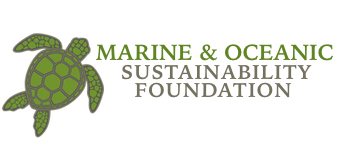
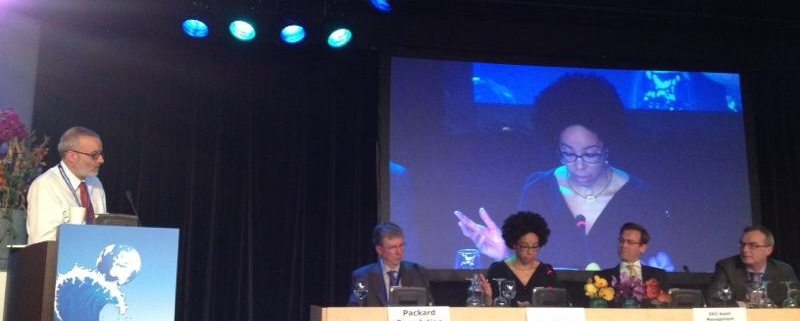
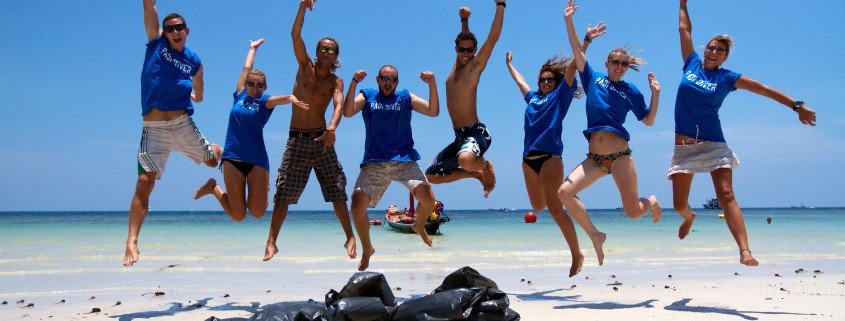
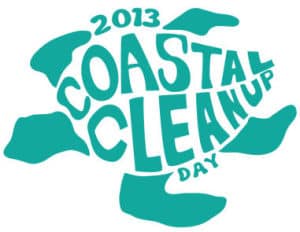
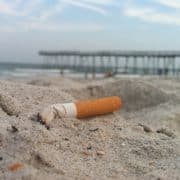
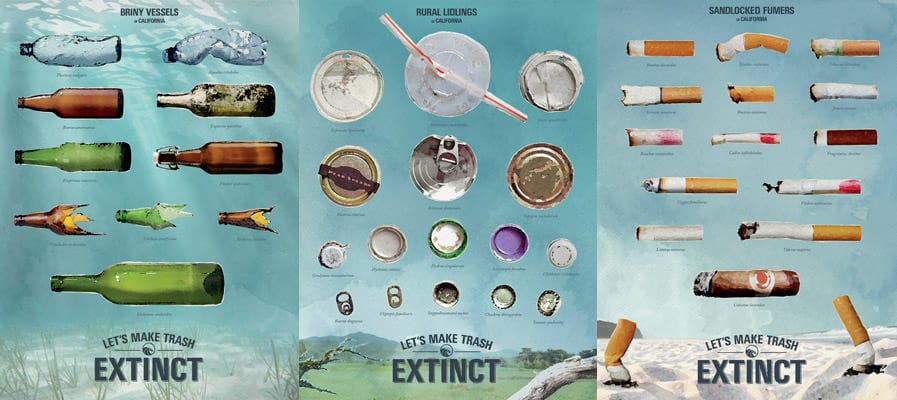
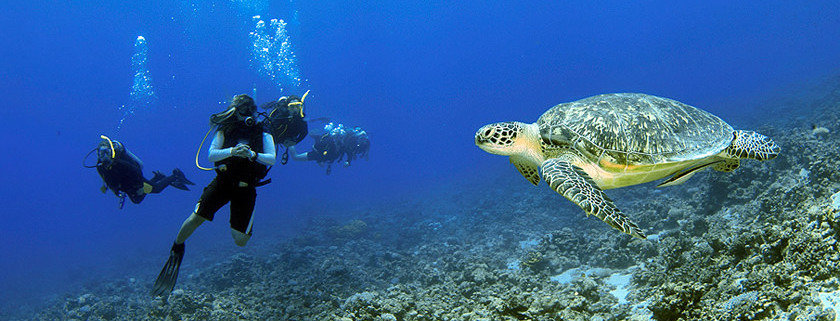
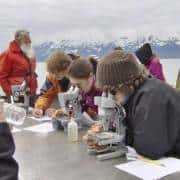
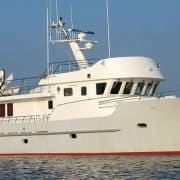 MOSF is committed to working with local teachers, students, and community groups. Through outreach programs like this, people will gain a better understanding of how they are affecting their marine habitats and how they can get involved to assure their long-term health and sustainability.
MOSF is committed to working with local teachers, students, and community groups. Through outreach programs like this, people will gain a better understanding of how they are affecting their marine habitats and how they can get involved to assure their long-term health and sustainability.